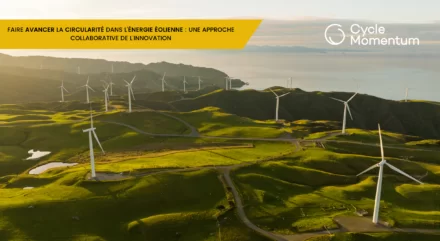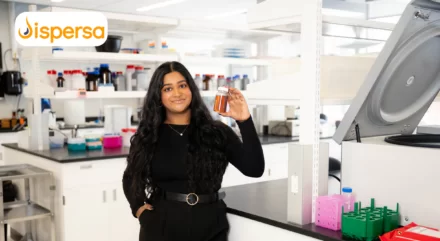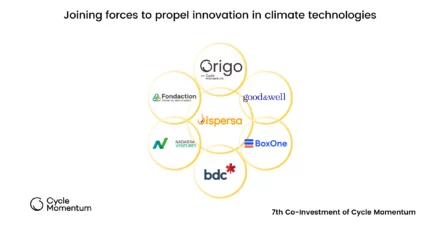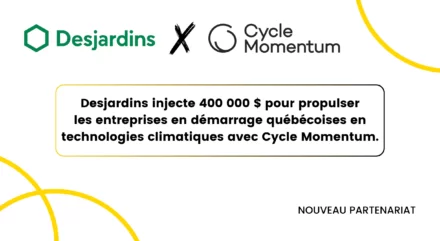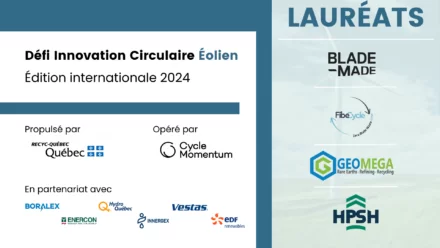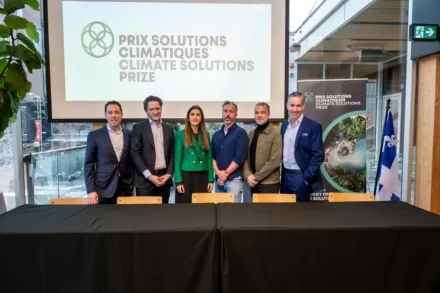Niosense: Making Traffic Smoother and Safer While Reducing GHG Emissions
In autumn 2021, niosense joined our Climate Tech cohort. Find out how this experience has supported their development.
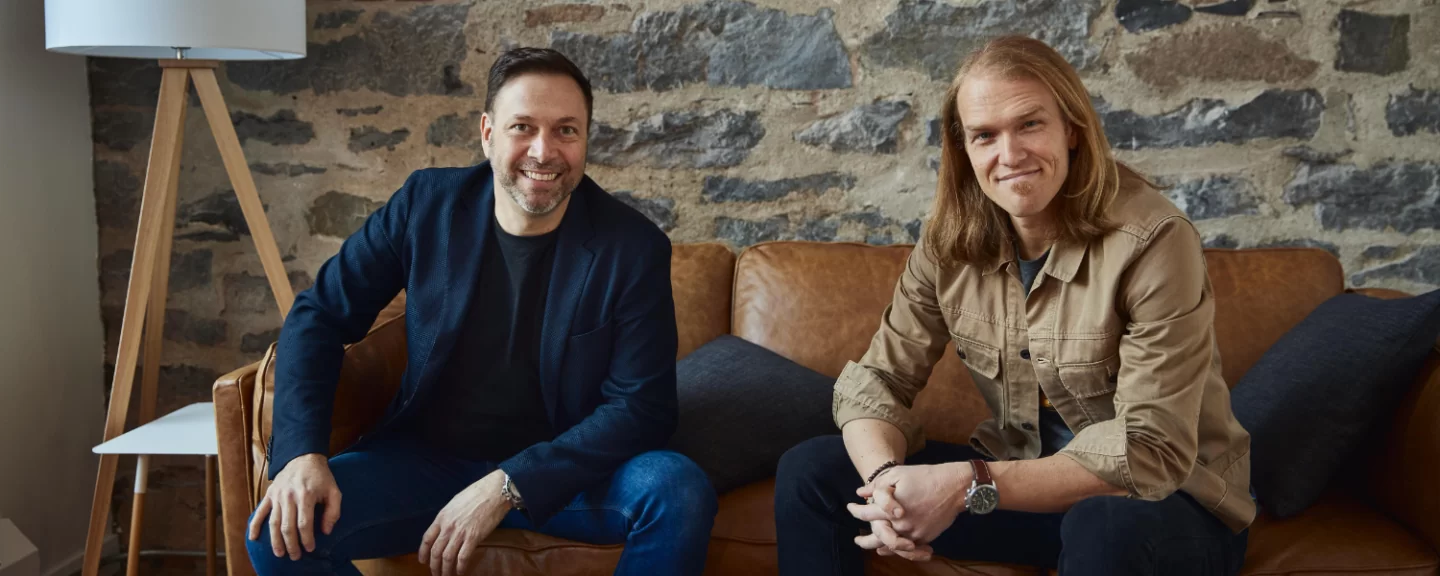
When asked why they joined the Cleantech cohort, niosense founders Patrick Lauzière and David Préville cited several reasons. Firstly, they wanted to understand the parameters of cleantech investment and apply this knowledge to their company’s development. Secondly, joining the cohort provided an opportunity to establish valuable connections within the Quebec Climate Tech ecosystem and benefit from the advice of mentors and experts in the field.
During their training, niosense validated the climate impact of their solutions through a rigorous, scientific approach, helping them better define their environmental impact. They also learned to consider the valuation parameters observed by Cycle Capital, refining their business strategy for climate investors.
Among their most vivid memories, David and Patrick highlighted observing other start-ups’ evolution from ideas to concrete projects and a pivotal meeting with an experienced investor, which influenced their approach and future actions.
“I’ll always remember the meeting with Pascal Drouin when he explained his criteria for evaluating companies. It left a lasting impression because it allowed me to see our company through an investor’s eyes, influencing our actions to increase our value and achieve our climate ambitions.” – Patrick Lauzière
Post-Cohort: Developing Activities
Since the cohort, niosense has accelerated its development. After launching their pilot, they refined their value proposition for cities and transit companies, optimizing their product-market fit. They connected 475 vehicles to their stop-avoidance service within six months and are expanding to five additional corridors. A major U.S. company with 95,000 connected traffic lights in North America has shown interest in a potential partnership.
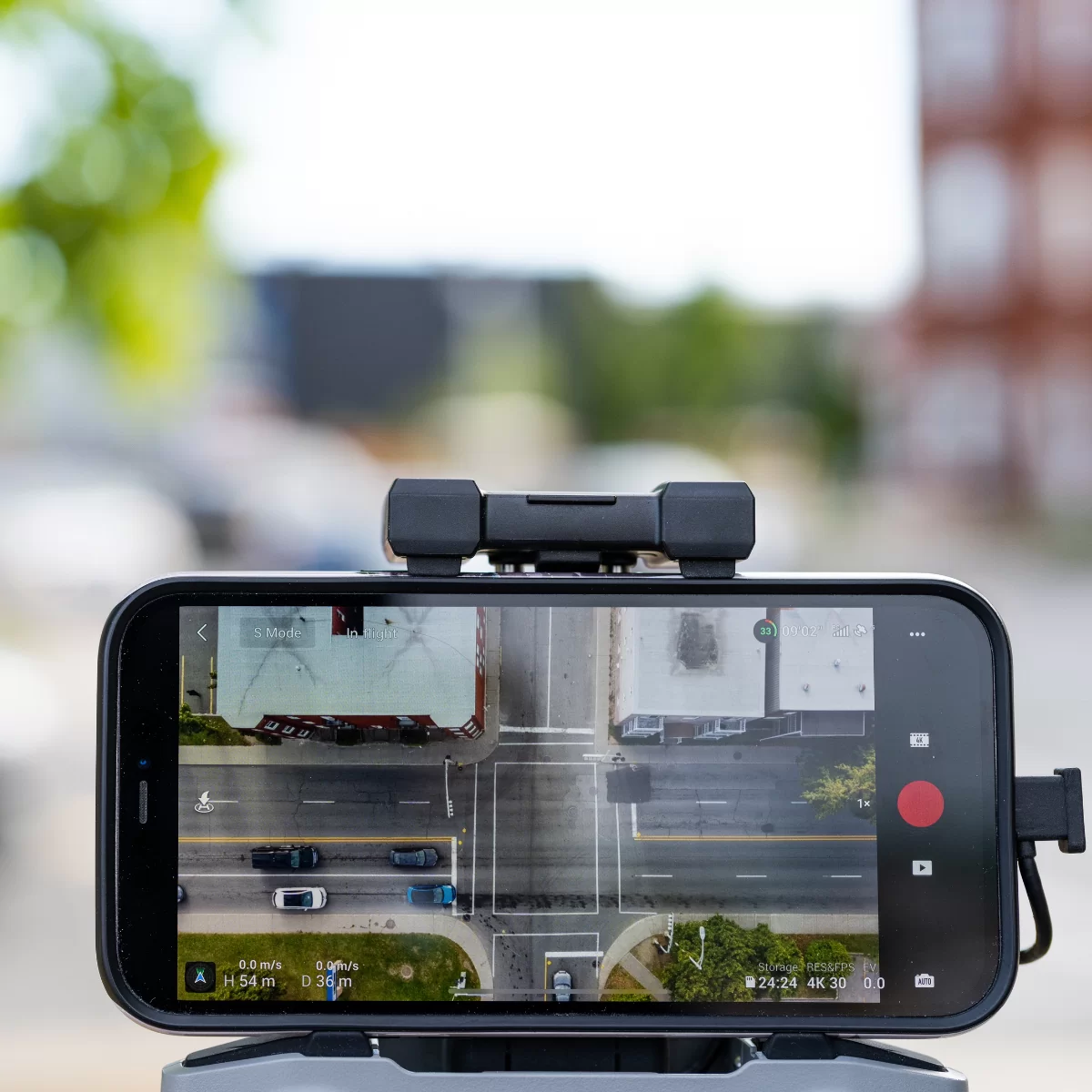
Key achievements include proving their solution’s effectiveness with a 5x return on investment after 30 days for vehicle fleets. They executed 100% of pilot projects as planned, reducing external capital input while developing the product’s value proposition, marketing, and functionality. Feedback from cities helped align their proposition and demonstrate the social acceptability and benefits of their solution. Independent studies by Laval University confirmed the system’s benefits and lack of collateral effects.
These successes enabled them to secure $2.7 million in investment for niosense’s technology and operations.
Future Challenges
niosense’s next steps are promising. They plan to implement five additional corridors and demonstrate their model’s scalability through partnerships with companies equipped with connected intersections. Their goal is rapid expansion in North America and Europe in the coming months.
niosense’s journey since the Autumn 2021 Climate Tech cohort has been exemplary. Their commitment to climate innovation, combined with a rigorous and scientific approach, has led to notable achievements and promising partnerships, demonstrating the potential of cleantech start-ups to address today’s climate challenges.
